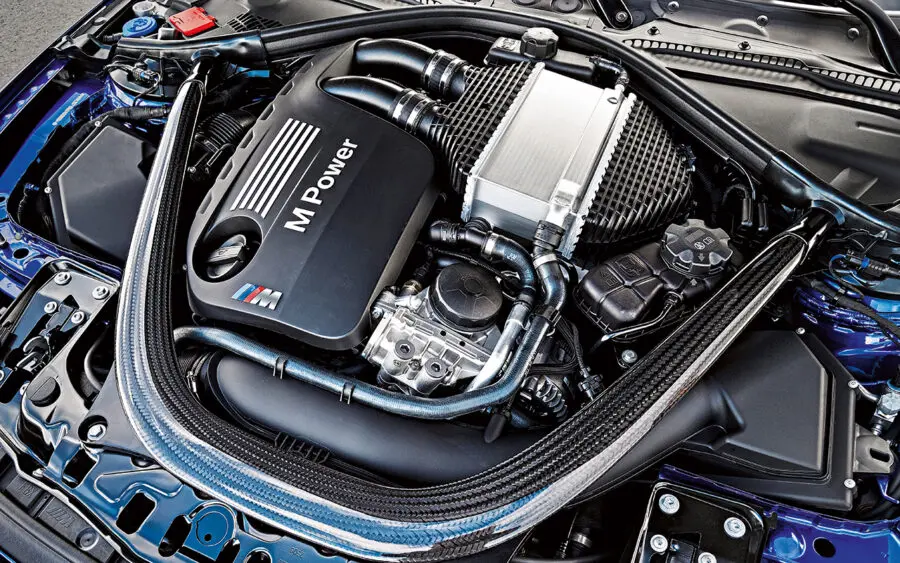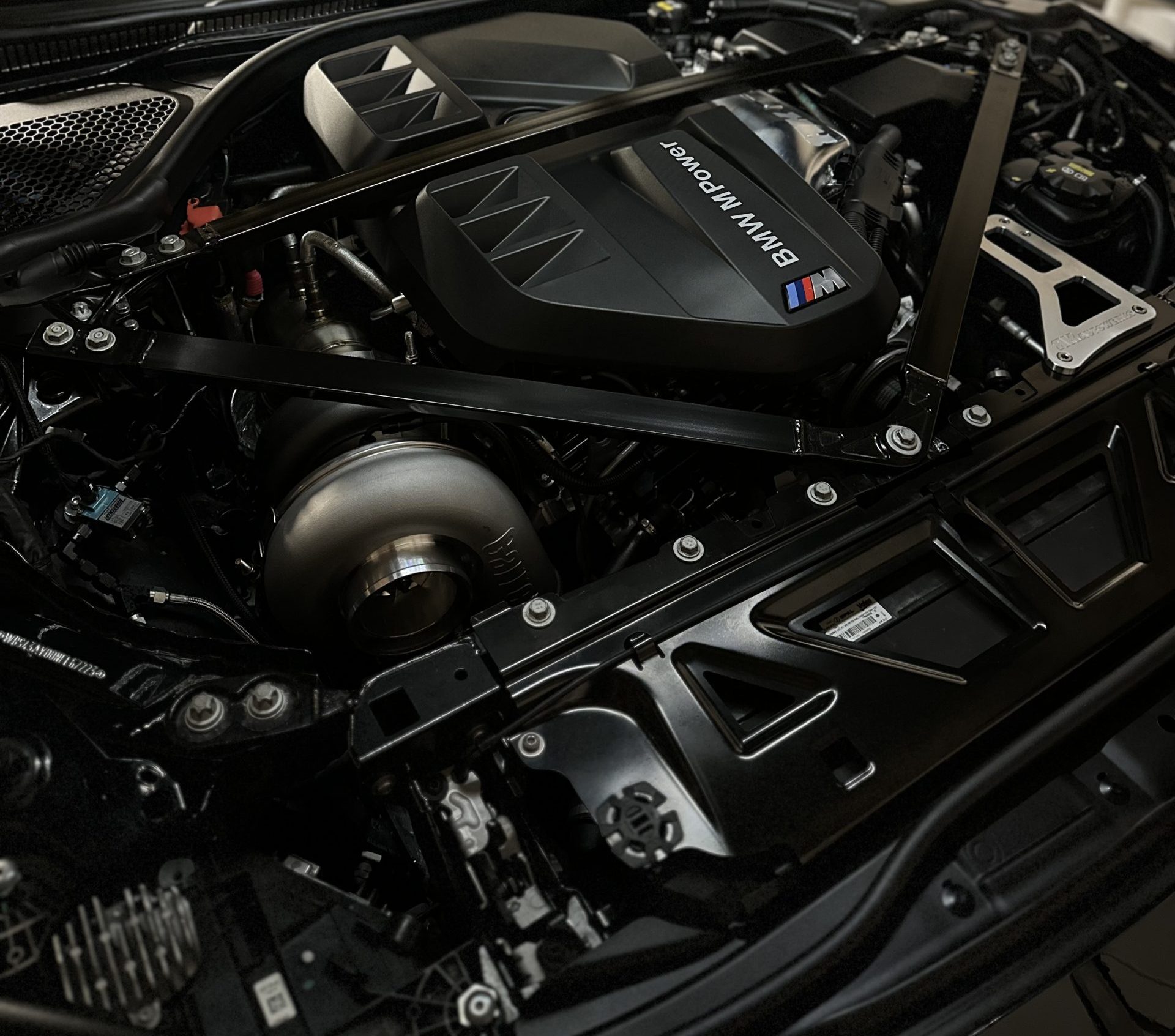Just how to Maintain Your BMW Engine for Optimal Efficiency and Long Life
Just how to Maintain Your BMW Engine for Optimal Efficiency and Long Life
Blog Article
Unveiling the Intricacies of Next-Generation Power Units: a Deep Study Advanced Engine Advancements and styles
As we stand on the precipice of a new age in transport, the intricacies of next-generation engine styles bid us to discover the advanced modern technologies and developments that assure to redefine the driving experience. Diving deeper into the worlds of discharge control, intelligent engine monitoring systems, and the perspective of power device advancement, we find ourselves on the cusp of an improvement that promises to reshape the landscape of mobility as we understand it.
Advancement of Engine Products

The change in the direction of advanced engine materials has also allowed engineers to design engines with higher power results while keeping gas effectiveness criteria. For instance, making use of lightweight products lowers the general weight of the engine, resulting in enhanced gas economy and reduced discharges. In addition, developments in materials innovation have permitted for far better thermal management within engines, causing enhanced integrity and durability.
Turbocharging and Supercharging Technologies
Exactly How do Turbocharging and Supercharging Technologies reinvent engine performance and performance in contemporary vehicles? Supercharging and turbocharging are technologies that significantly enhance engine efficiency by enhancing the amount of air consumption into the burning chamber. Turbocharging achieves this by making use of a wind turbine driven by exhaust gases to pressurize the intake air, while turbo charging makes use of a belt- or chain-driven compressor to accomplish the exact same effect.
These technologies make it possible for smaller sized, more fuel-efficient engines to produce power equal to bigger ones, called downsizing. Forcibly more air right into the cylinders, turbocharging and turbo charging improve combustion effectiveness, causing raised horsepower and torque result without a considerable boost in engine dimension. This causes far better acceleration, towing ability, and general driving efficiency.
Furthermore, turbocharging and supercharging contribute to boosted fuel effectiveness by allowing the usage of smaller engines that take in less gas under typical driving conditions - bmw engine. This mix of enhanced efficiency and efficiency has actually made turbocharging and supercharging indispensable elements of lots of modern-day engine styles
Discharge Control and Environmental Effect
With raising international problems regarding air high quality and environmental sustainability, the implementation of exhaust control modern technologies in lorries plays a crucial role in lowering dangerous contaminants launched into the atmosphere. Modern automobiles are equipped with advanced discharge control systems that assist lessen the environmental effect of auto operations. Catalytic converters, for example, are made to transform toxic gases such as carbon monoxide gas, nitrogen oxides, and hydrocarbons right into much less damaging substances like carbon dioxide and water vapor.
Moreover, innovations in engine technology, such as the combination of exhaust gas recirculation systems and his explanation selective catalytic reduction, have dramatically contributed to lowering exhausts. These technologies operate in tandem to optimize burning efficiency and decrease the launch of dangerous pollutants right into the air. In addition, the development of hybrid and electrical automobiles stands for an essential action in the direction of decreasing the overall ecological footprint of the transport sector.
Intelligent Engine Administration Solution

In addition, these systems enable cars to meet stringent emissions standards without endangering efficiency, supplying a much more eco-friendly driving experience. The assimilation of man-made intelligence and artificial intelligence capabilities in engine management systems continues to push the limits of what is feasible, bring about further renovations in effectiveness, reliability, and total vehicle efficiency. bmw engine. As automotive modern technology advances, smart engine administration systems will certainly play an important function in forming the future of transport in the direction of a much more lasting and effective direction
Future Trends in Power Device Growth
As intelligent engine administration systems lead the method for boosted control and optimization in modern-day vehicles, future patterns in power system advancement are poised to redefine the landscape of automobile propulsion technologies. These alternative power resources use boosted performance and performance while straightening with rigid ecological policies.
One more considerable fad is the integration of innovative products and manufacturing strategies. Light-weight materials such as carbon fiber like it and light weight aluminum are being made use of to reduce general car weight, enhancing fuel efficiency and performance. Furthermore, innovations in 3D printing and additive manufacturing are making it possible for the production of complex engine parts with higher precision and sturdiness.
Additionally, fabricated intelligence and artificial intelligence are playing an important role in maximizing power unit efficiency. These technologies enable real-time tracking and adaptive control, leading to much more trustworthy and efficient power delivery. Overall, future patterns in power device development are tailored in the direction of performance, performance, and sustainability, driving the automobile sector towards a brand-new period of propulsion innovations.

Final Thought
In verdict, the advancements in engine materials, turbocharging, discharge control, and smart monitoring systems have actually paved the means for next-generation power devices. The intricate styles and advancements in modern-day engines display the continuous advancement of automotive technology.
Checking out the modern improvements in engine products has actually been critical in boosting the performance and efficiency of modern engines. Over the years, the advancement of engine materials has played a crucial function in pressing the boundaries of what engines can accomplish.The change towards progressed engine products has actually additionally made it possible for engineers to design engines with greater power outcomes while maintaining fuel performance standards.The implementation of intelligent engine monitoring systems in modern lorries has reinvented the way engines are managed and optimized for efficiency and performance. By accumulating data in real-time and evaluating it with innovative algorithms, smart engine management systems can adjust to driving styles, ecological variables, and engine health to maximize power outcome while reducing fuel intake and exhausts.
Report this page